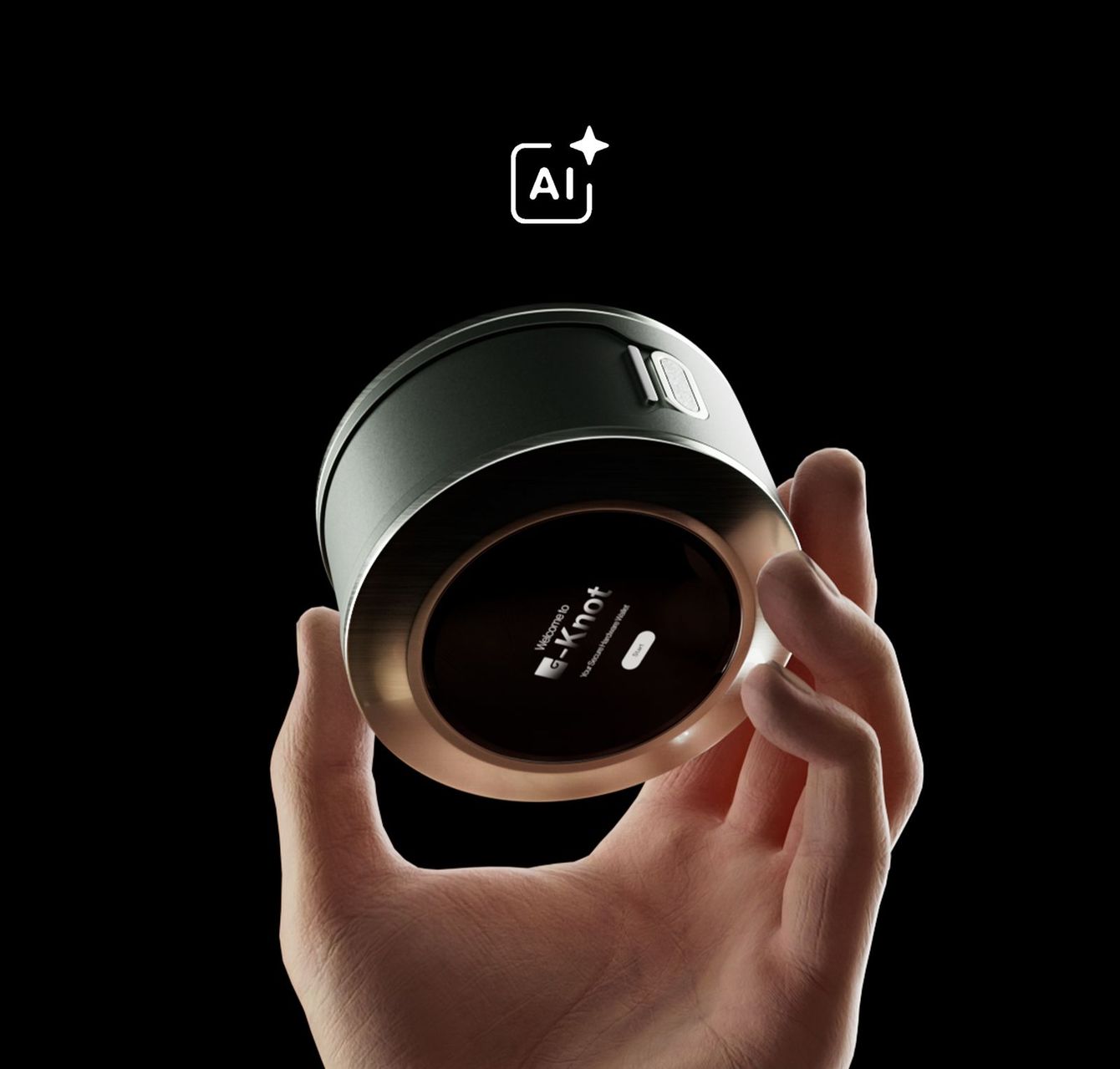
(Kitco News) - G-Knot, a biometrics technology innovator, has unveiled plans for the world's first finger vein biometric crypto wallet, aiming to revolutionize security in digital asset storage. This launch coincides with the appointment of fintech veteran Wes Kaplan as CEO, who will guide the commercialization of the technology.
Company Overview and Mission
As the exclusive licensee of eTunnel Inc.—a Seoul-based leader in finger vein biometrics with over 10 years of R&D—G-Knot is dedicated to harnessing unforgeable internal vein patterns for enhanced digital security. The company's mission addresses critical vulnerabilities in cryptocurrency, where hacks have exceeded $1.4 billion in losses in 2025 alone. By replacing traditional private keys and recovery phrases with biometric authentication, G-Knot seeks to simplify self-custody while extending applications to decentralized finance (DeFi) and identity management for consumers and enterprises.
Leadership Transition
Wes Kaplan, with a background in fintech and crypto from roles at Cointelegraph, AscendEX, and Tradewind Markets, as well as traditional finance at J.P. Morgan and BNY Mellon, steps in as CEO. Kaplan aims to scale the technology's adoption, stating: “G-Knot is poised to redefine security in the digital age... By replacing the need for recovery phrases with users' unique biometric authentication, we’re not only solving today’s issues but also paving the way for broader applications in decentralized finance and identity management.”
The Core Technology: Finger Vein Biometrics Explained

Finger vein recognition operates by using near-infrared light to illuminate and capture the unique vein patterns beneath the skin's surface. Veins absorb the light, creating a high-contrast image that is then processed via pattern recognition algorithms for authentication. This internal biometric is contactless or minimally invasive, requiring no physical touch, which enhances hygiene and usability.
Key advantages include superior accuracy and spoof resistance compared to surface-based methods like fingerprints, as vein patterns are hidden and require live blood flow for detection (ensuring "aliveness"). They remain permanent throughout life, offer low false acceptance rates, and are resilient to external factors like dirt or scars. However, potential drawbacks involve higher implementation costs due to specialized hardware, possible challenges for users with circulatory issues, and general biometric concerns like privacy risks or false rejections in varying conditions.
In cryptocurrency contexts, this tech enables secure key generation directly from biometric data, often integrated with deep learning for robust cryptographic keys or blockchain systems to prevent linkage attacks. G-Knot's wallet leverages these features to provide enterprise-grade protection, drawing from eTunnel's proven track record, including a 2024 UN contract for biometric smart cards.
Youngkuk Kim, CEO of eTunnel, commented: “As eTunnel continues to advance biometric research, G-Knot... will leverage the gold standard of biometric technology to deliver enterprise-grade and consumer-focused products that address the growing security needs of an increasingly digital world.”
Future Prospects and Broader Impact
G-Knot positions itself as the global leader in commercial finger vein solutions, with the wallet as the first step toward expanded products in DeFi, identity verification, and beyond. This innovation could significantly reduce crypto fraud by making secure, user-friendly authentication accessible, while advancing biometric-blockchain integrations for a safer digital ecosystem.
For inquiries, contact Hayden Bardorf at gknot@wachsman.com.
For more details, visit the official G-Knot website at https://www.g-knot.io/ or their About Us page at https://www.g-knot.io/about-us
Investment Trends Editorial
Investment Trends is sponsored content, articles and announcements paid for by our advertisers that support our journalism. Our sponsored messages are targeted and hand-curated, highlighting the best of what's happening in the mining sector.